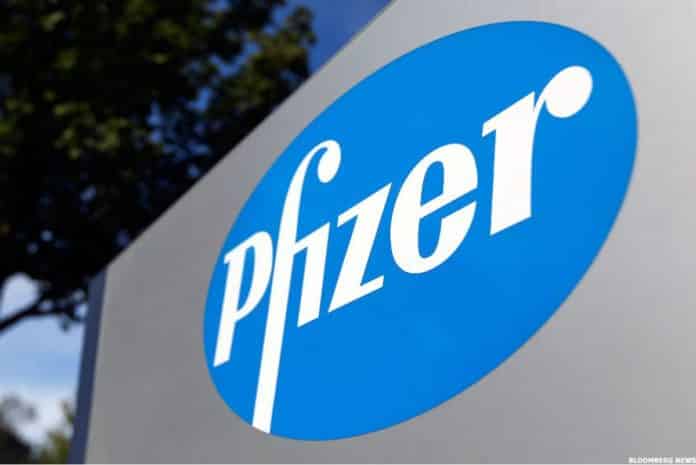Pfizer Invests in Organizations
The Pfizer Foundation gave 20 grants to help NGOs and social enterprises address critical health challenges related to infectious diseases and antimicrobial resistance (AMR), in some of the world’s most vulnerable communities.
Recipients of The Pfizer Foundation grant, a one-year Global Health Innovation Grants (GHIG) include organizations in 12 low and middle income developing countries, that will each receive the US $100,000, for a total investment of US $2 million.
Caroline Roan, President of The Pfizer Foundation, said that large-scale antimicrobial resistance and outbreak of infectious diseases are increasingly becoming some of the most challenging global health. He added that The Pfizer Foundation is dedicated to working with individuals and organizations working in local communities. This is because they rethink and scale innovative solutions to fight infectious diseases from the grassroots level. This results in providing practical solutions to those patients most in need.
According to a report, infectious diseases are responsible for an estimated 8.4 million deaths annually. Infectious disease is a leading cause of death worldwide, particularly among young children and marginalized communities in developing countries. AMR now accounts for approximately 700,000 of these deaths. AMR occurs when pathogens evolve to withstand the effect
of even the most effective antibiotics.The World Health Organization (WHO) has included Anti Microbial Resistance in its list of ten threats to global health in 2019. Pfizer Foundation Investments in Organizations will surely help tackle these pressing issues.
The Pfizer Foundation’s flagship GHIG program is in partnership with Innovations in Healthcare (IiH), a nonprofit organization hosted by Duke University. The Pfizer Foundation and IiH work together to make each partner program productive to build on critical learnings when needed.
Launched in 2016, the GHIG program has had an incredible impact to date. Around 370,000 new patients have received benefits, 160,000 patients have been reached with screening and education, and 2,000 health workers have been trained. With the inclusion of this grant, total funding to date by the GHIG program is approx. $7.5 million.
Twenty organizations are included in this year’s grants. Each of the organizations takes a community-tailored approach to find sustainable solutions to overcome infectious diseases. There is a strong focus across the awards on strengthening local healthcare systems and building capacity, including through primary healthcare delivery and the integration of innovative health technologies in low-resource settings.
Pfizer Invests in Organizations- Details of Some Organizations that received the grants.
Muso- Introduced the expansion of a clinical staff training program in Mali to support the government-run health centers to improve quality of care as it relates to infectious disease, maternal and child health and core clinical issues. This result in a decrease in preventable deaths such as childhood pneumonia, malaria.
UE LifeSciences’ innovation cervAIcal. This is an artificial intelligence-enabled, hand-held, wireless mobile colposcope to aid health workers and healthcare providers in detecting precancerous lesions. This was achieved without proper infrastructure and grants.
The new GHIG partnership demonstrates Pfizer’s continued commitment to infectious disease and supports Pfizer’s ongoing efforts to reduce health issues across the globe.
Author: Rahul Mishra

















































